In an unregulated profession like translation, finding a reliable translator with translator certification can be tough for the client. One way to make sure you get more work is to be an accredited translator. This article will tell you how to join the ranks of certified translators.

Why get certified?
In the translation profession, most translations are bought online. Not having personal contact makes it harder for a new client to trust in your ability to produce professional translations. Without trust, it’s much harder for you to sell your translation services.
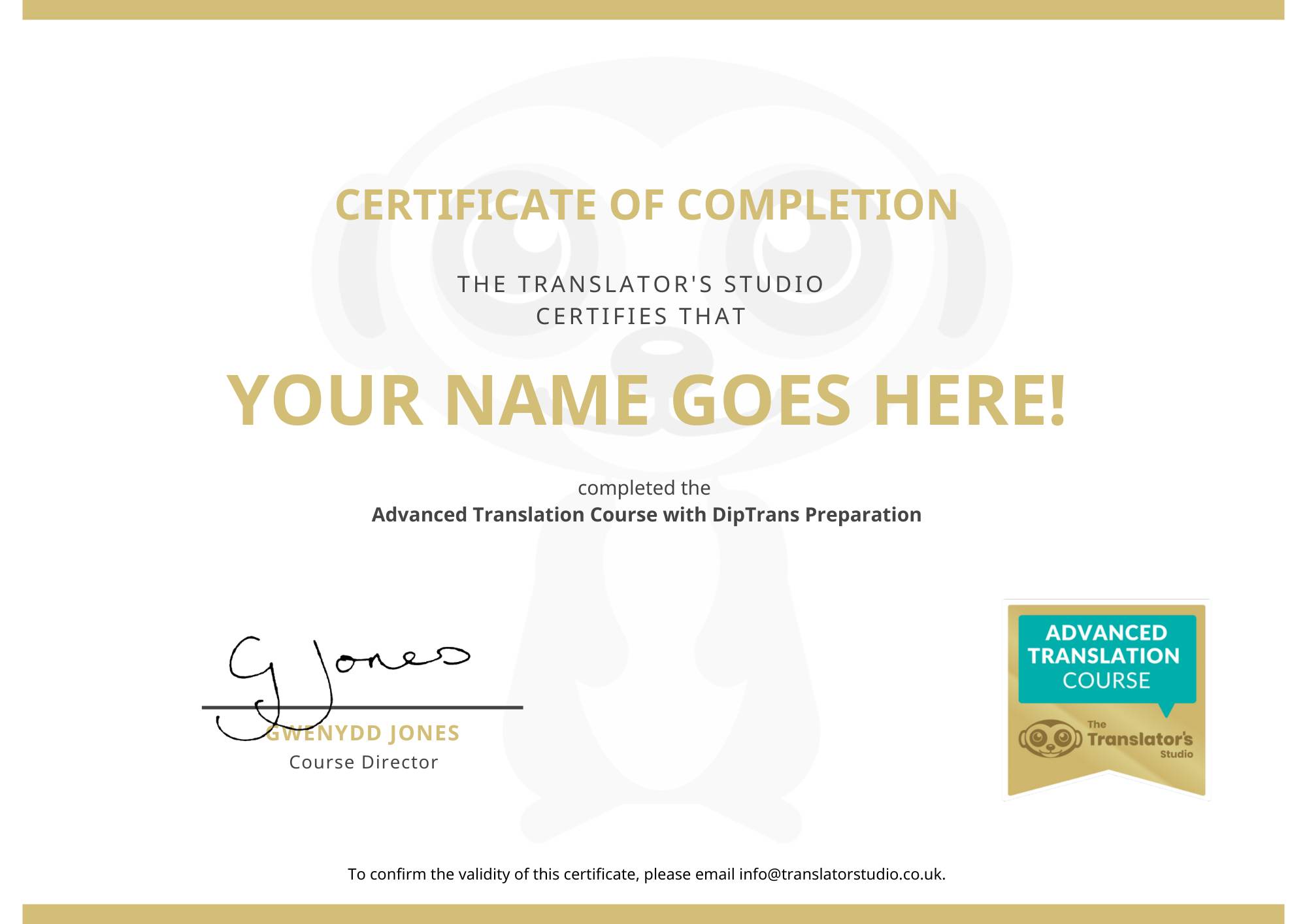
One way of cultivating trust is by showing the client that you’re an accredited translator. Accreditation gives you official status as a member of the translation profession.
- Become a more successful translator
- Learn fast with extremely detailed feedback
- Prepare to pass the CIOL DipTrans exam
- Get your advanced translation certificate
How do you become an accredited translator?
There are different ways of becoming an accredited translator so that you can show the client that you can produce professional translations. They involve different levels of time and commitment, but all mean that you have a greater chance of finding more work. So, what are the options for getting a translation certificate or translation accreditation?
Unsure whether you're ready for the CertTrans, ATA exam or DipTrans?
Do our free translation level test and find out.
Available for Spanish- and French-to-English translators.
Translation qualifications
What qualification do I need to be a translator?
It’s true that qualified translators are more employable. What qualifications are the most useful? There are various different translation qualifications to choose from. To help you show translation agency clients and end clients that you provide a professional service, here’s some advice about the advantages and disadvantages of the various qualifications.
- Become a confident professional translator
- Learn fast with our extremely detailed feedback
- Prepare for the CertTrans exam
- Get your translation certificate
The CIOL Diploma in Translation (DipTrans)
The gold standard translation qualification is the Diploma in Translation (DipTrans) from the Chartered Institute of Linguists. Only expert translators with outstanding professional translation skills are able to pass this exam.
If a translator has the DipTrans, then a certain amount of quality assurance in the translated documents is guaranteed. While the DipTrans is issued by this translator certification UK body, it’s an officially regulated post-graduate translation diploma that professional translators can use to promote their expertise all over the world.
The CIOL Certificate in Translation (CertTrans)
Before getting the DipTrans, translators can sit the CertTrans exam, also offered by the CIOL. This is an excellent choice for early-career translators who are just entering the translation industry. To pass the CertTrans, the translator must be able to produce accurate translations.
Check out our CertTrans preparatory course and DipTrans preparatory course to take your first steps towards providing certified translation services.
All you need to understand how to pass the CIOL CertTrans exam.
- Self-study
- All language combinations
MA in Translation Studies
For a more academic translation qualification, you may like to do an MA in Translation Studies. A translator with this qualification has trained extensively in translation theory. They may also have trained in a specialisation, like law, literature, medical translation or videogame localisation.
A specialised MA can be a good idea to help you attract clients. Translators of legal documents and medical documents tend to command higher rates than general translators.
If you’re not sure whether the CertTrans and DipTrans or an MA is best for you, check out our guide to the MA in Translation Studies and DipTrans. Besides that, you might find this guest post about the DipTrans written for Tranix Translations useful.
Professional Translator Association Memberships
In addition to getting a translation qualification, it’s a good idea to join a professional translator’s association. As a member, you’ll be entitled to use the relevant logo on your promotional materials. This will tell the world that you take your profession seriously.
There are numerous associations for translators all over the world. Membership fees often run into the hundreds, so it’s worth shopping around to see what you’ll get for your investment. It’s also important to consider whether and how your customer will differentiate between them.
Bigger associations, like the CIoL and the ITI in the UK, the ATA in the USA and Asetrad and MET in Spain, have requirements that you have to meet if you want to join. These may include having translation qualifications, passing entry exams, giving references, doing CPD and having extensive experience. Being a member of a translator association is a great way to reassure clients about the quality of your translation services.
Certified translations
If the translation agency or end client needs a certified translation, being a member of a translator association is one way for you to provide this.
The requirements for being able to provide a sworn translation depend on the country. See the section below about what you need to do to offer official translations in countries where you’re required to register with a government agency to be able to certify translations of official documents.
Who can certify translation in the UK?
In countries like the UK, there aren’t any official requirements for providing certified translations. In this case, if you’re a member of a translator association, the client can ask you to sign off on a true and accurate translation without having to worry about getting notarised translations. Being able to provide certified translation services is a good way to expand your translation services.
Becoming a government-approved translator
The process to become qualified to sign off on official translations will depend on the country. To sign and stamp certified translations, you may be required to pass official exams or have done a translation and interpretation degree at certain academic institutions.
Sometimes, the system for being an official translation provider is flawed. In Spain, for instance, translators are given official approval to offer certified translation services working into their second language.
This happens even though it’s well known that most translators can’t produce quality translations in their second language. As a result, many sworn translators in Spain form part of a certified translation team, or have qualified translation colleagues who work in other language combinations translate the original document for them to then check and certify.
Another problem with certified translations in Spain is that translators are forced to officially qualify as interpreters, or vice versa. This is the case even though translation and interpreting are two different professions with separate skill sets.
In any case, a government-accredited translator always looks good to the customer. So, it’s worth getting this accreditation if you have the opportunity because it will help you sell your translation services.
So, what’s the best way to offer a certified translation service?
The best way of becoming an accredited translator will depend on your country of residence and whether or not you want to offer official translations.
For translators who have English as their first language, the CertTrans and DipTrans are the strongest vocational options.
Being a qualified translator is an important component of getting ongoing work as a freelance translator. Beyond financial considerations, translator accreditation is an essential part of making sure our profession is taken seriously. Read Lucy Williams’s story of how she became a translator and qualified through the DipTrans or watch Gwenydd Jones tell her story on the Translator’s Studio YouTube channel.
Let us help you become an accredited translator
If you’re interested in becoming an accredited translator by getting the CertTrans and DipTrans qualifications, check out our translation courses and do your free level test.
Unsure whether you're ready for the CertTrans, ATA exam or DipTrans?
Do our free translation level test and find out.
Available for Spanish- and French-to-English translators.

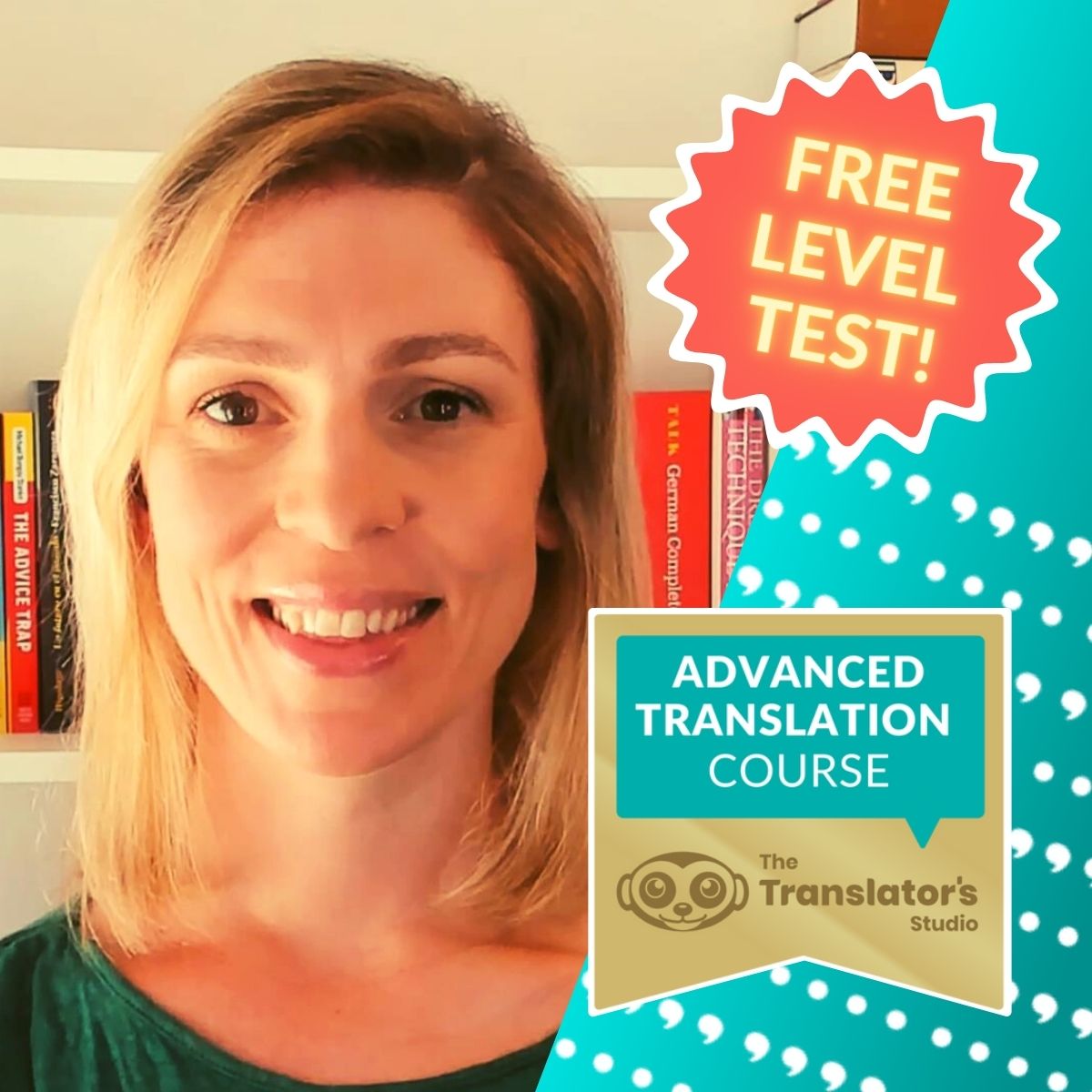
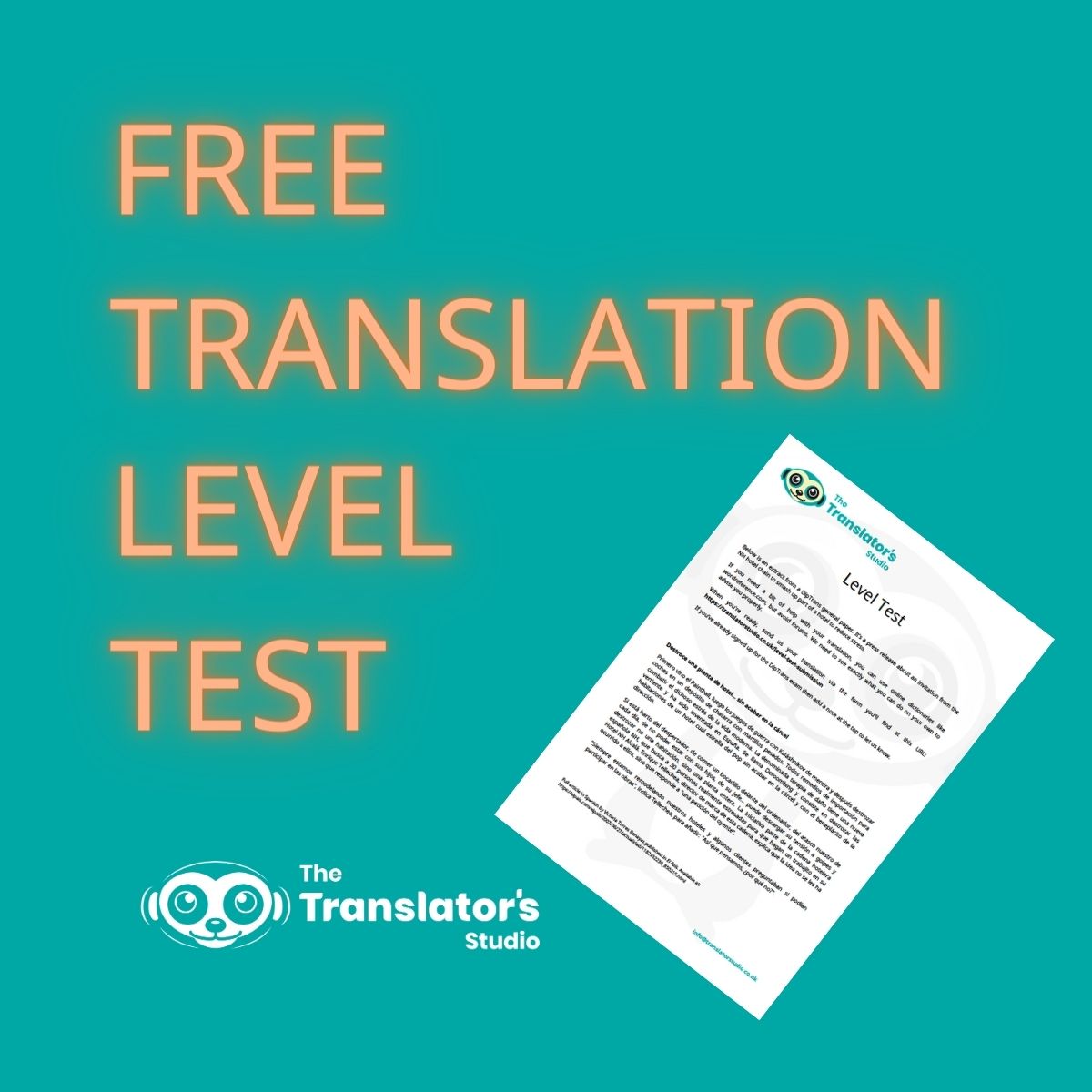
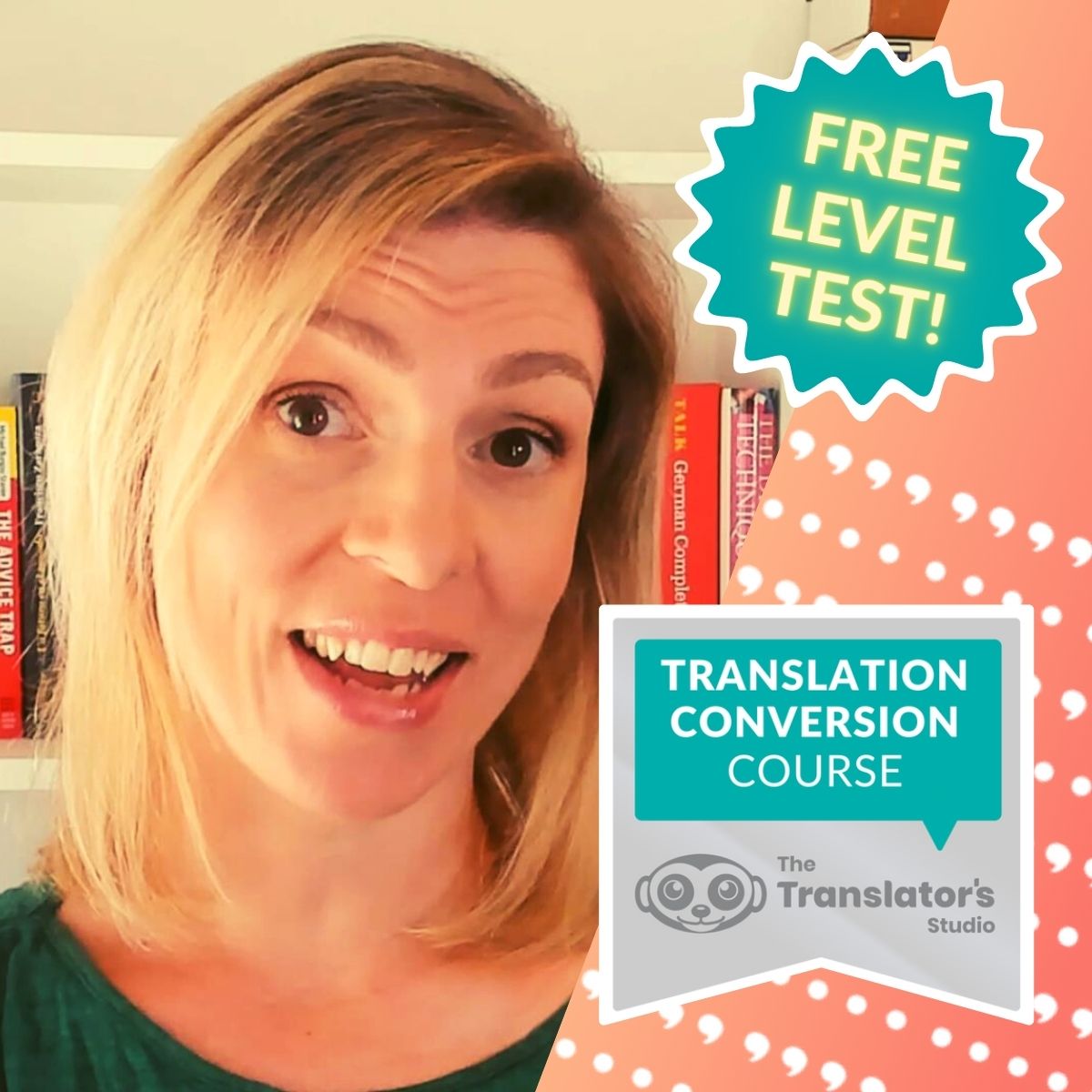
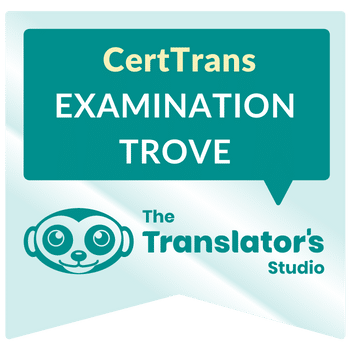
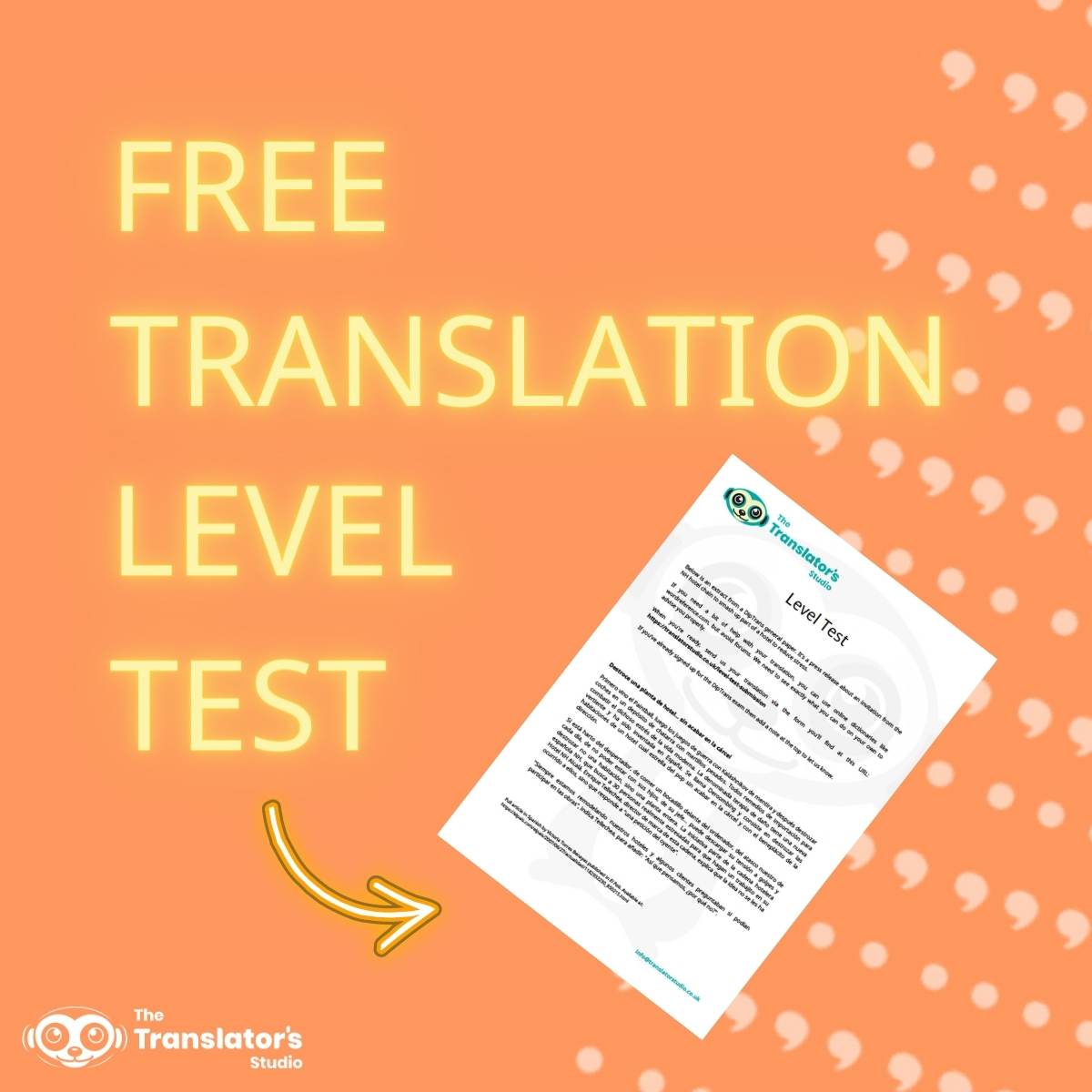




0 Comments